Text

Doing some self study today! Todays vibes are Sapporo and sushi while I work 🍺 🍱
#learning japanese#langblr#monthly girls' nozaki kun#study snacks#first beer in actual months and I forgot how much I like Sapporo
4 notes
·
View notes
Text
昨日仕事のあとで忘れに靴を変えました。仕事の靴は可愛いですがその靴を着に歩けません。足が痛くなるんです。今日散歩したいのでいい靴を着なければいけません。
昨日の夜に二回起きたので今日とっても眠いですよ。この夜早く眠つもりです。
7 notes
·
View notes
Text
Where to begin when reading native novels to work on reading comprehension?
So, you've made it to the point where you'd like to branch out and read some novels and children's books in Japanese? Then you've come to the right place! Let's talk about three helpful publishers (Kodansha, Kadokawa, and Shueisha) that can make reading native materials less daunting!
The Kodansha Aoitori Bunko Books (青い鳥文庫) were created and published by Kodansha with elementary schoolers in mind, so almost all kanji has furigana on it. The text is larger and there's normally a bit more spacing in between it (like our children's chapter books in English). Just like other children's chapter books, there are occasional photos included. Aoitori Readers include both original series as well as some translations of international literature (i.e., Little Women, Murder on the Orient Express, Sherlock Holmes, etc.). There are also some adaptations of other series はたらく細胞 (Cells at Work) Those books have blue around the cover.

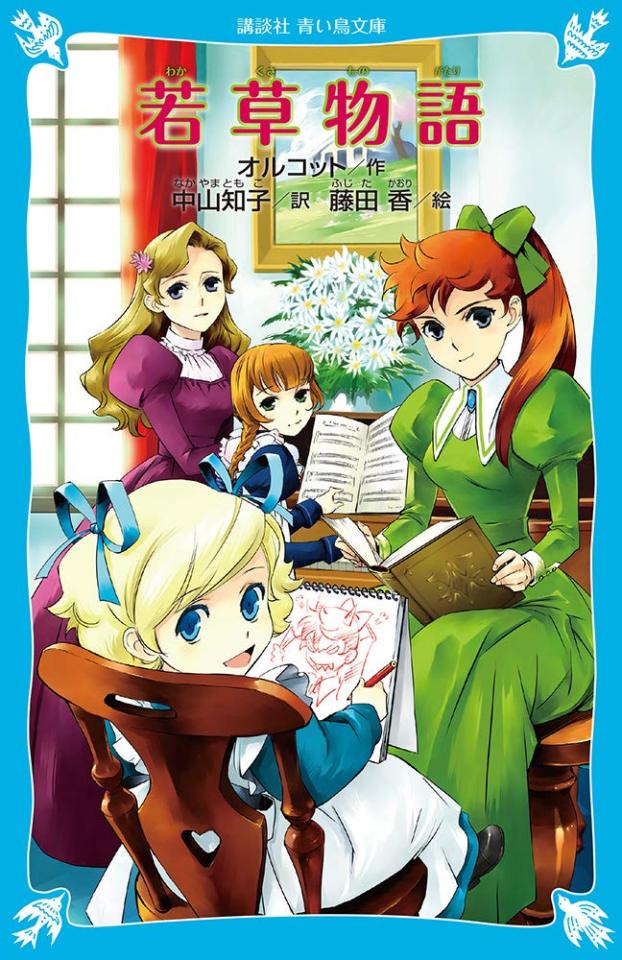
The Kadokawa Tsubasa Bunko Readers (角川つばさ文庫) operate on the same concept, except the series are normally on a more advanced level. With this in mind, they may use more advanced grammar than the Aoitori series. There are original series, but sometimes books/series for a higher comprehension levels will be adapted into Tsubasa Bunko Readers. This includes popular Japanese novels and series as well as international classics (i.e., Chronicles of Narnia, Pippi Longstocking, Anne of Green Gables, etc.). For adaptations of Japanese novels and series, there will be the "regular" version of the novel and then the Tsubasa Bunko version bc it's the same kanji, same grammar, same words. It'll also supply the furigana for those kanjis and might give little annotations or some photos here and there. For example, the award-winning novel 夜は短し歩けよ乙女 (The Night is Short, Walk on Girl) by 森見 登美彦 (Morimi Tomihiko) has both the "regular" publication and the Tsubasa Bunko version. Tsubasa Bunko Readers have green around the cover. Click on the links to get a preview of each version to compare and contrast.
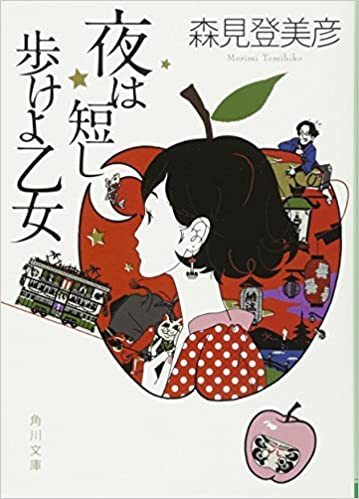
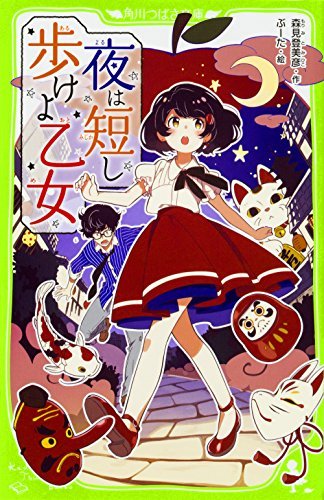
The Shueisha Mirai Bunko Books also operates the same. There are adaptations of manga series (like Kaguya-sama: Love is War and Demon Slayer) as well as original series. Mirai Bunko Readers have orange around the cover.

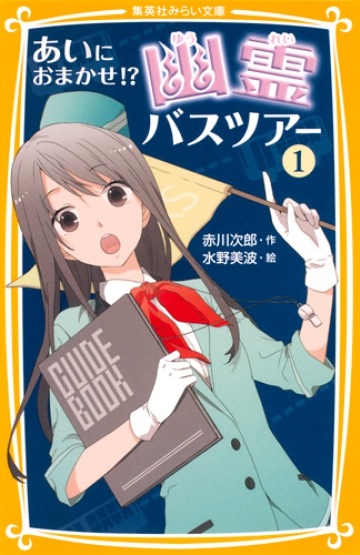
If you're worried about attempting to read any of these on your own, come suggest some of them for us to read together at the Seitokai Bookclub! (And even if it doesn't get selected immediately, someone might be interested in being a reading buddy with you :D).
Happy reading!
418 notes
·
View notes
Text
今日午前五時に起きたので疲れています。
(( _ _ ))..zzzZZ
先金曜日は休みました。友達は私の家にきました。パーティをしました。私たちはおいしい食べ物を食べたりプールに行ったり面白いテレビをみたりしました。とっても楽しかったと思います。
0 notes
Text
Was ANYONE gonna tell me that Disney+ added the Japanese dub to all of their content?! I just discovered this! There’s now a legal way to use Disney movies to study Japanese without needing to purchase Japanese iTunes cards or import Japanese copies of Disney movies or tv shows!
I repeat, Disney+ has added Japanese dubs to EVERYTHING!
Did YOU know there’s a Japanese dub of Kim Possible?! I didn’t!! But now I know and I’m watching it now!
This is AWESOME!!!
51 notes
·
View notes
Text
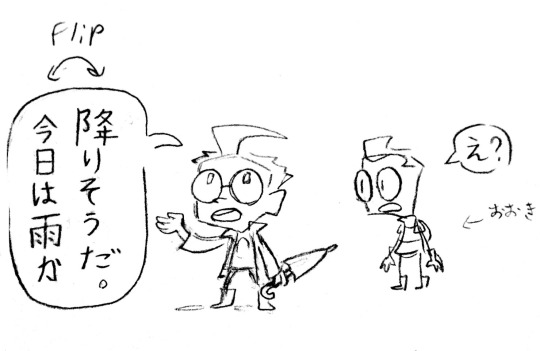
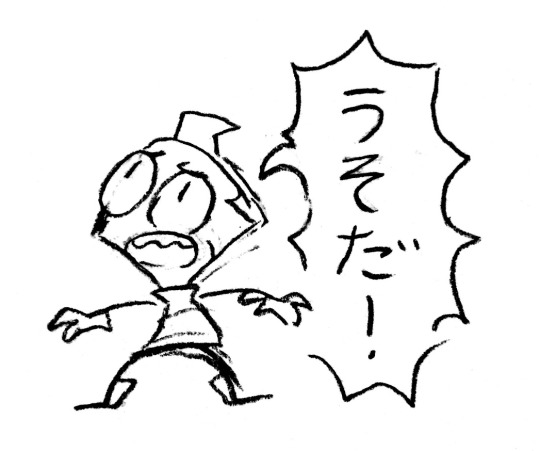
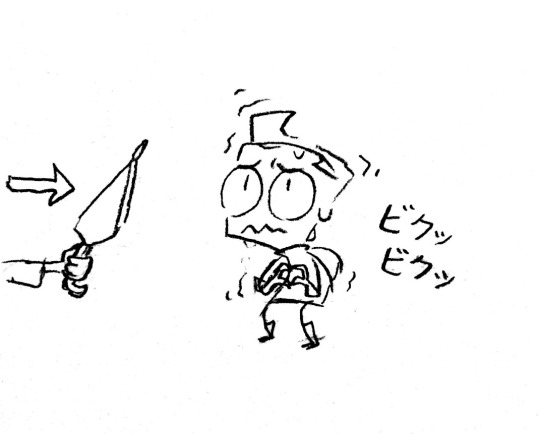




Umbrella 傘
Appologies for my rough Japanese. I Included English translations below. Hopefully they are correct!
Dib: “It looks like it’ll rain today.”
Zim: “Eh? No way!” *trembling sfx* “Eh? What’s that?”
Dib: “This? Um~ It’s an umbrella…”
Zim: “Umbrella?”
Dib: “Yes. An umbrella.”
Zim: “I see”
167 notes
·
View notes
Text
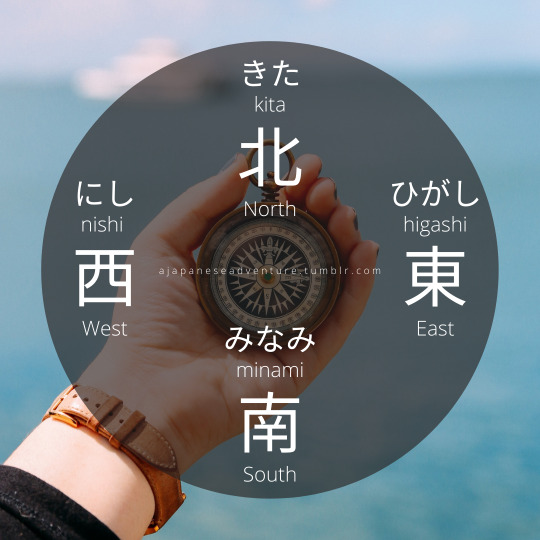
北 【きた】 (kita): North
東 【ひがし】 (higashi): East
南 【みなみ】 (minami): South
西 【にし】 (nishi): West
I recently realized that I could not remember well all the kanji about compass directions. And, since they are usually among the basic kanji (asked in jplt n5), I decided to create a simple graphic post to remember them. Hope it can help you, too!
Background photo by Heidi Fin on Unsplash
274 notes
·
View notes
Text
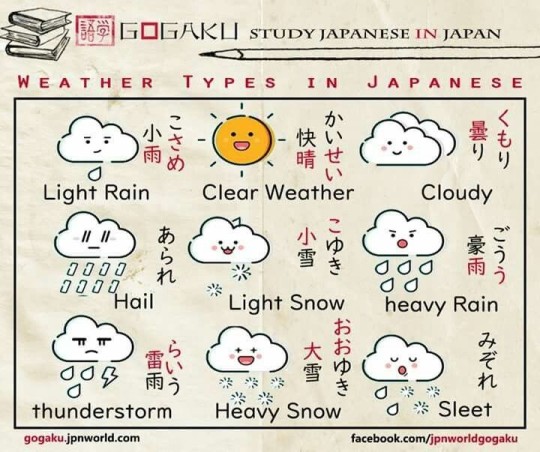
1K notes
·
View notes
Text
こん週月曜日から金曜日まで仕事に行きます。たいてい木曜日から金曜日まで家に仕事をします。仕事に行くとき、早く起きます。疲れています。
0 notes
Text
今日まだ暑いですね。☀️🏜 プールに行きたいですが仕事があります。仕事のあとでプールに行くかもしれません。
2 notes
·
View notes
Text
この週間は忙しかったです。両親の家に行きました、両親はいいエアコンがありますから。今天気は暑いですのでエアコンが欲しいです。土曜日に母と買いものをしました。ワンピースを買いました。そのあとで家に両親と映画を見ました。
今日日本語の話すクラスがありました。この夏日本語を練習したいです。
In just about a month I’ve forgotten so much of the grammar I learned 😭😭 So back to trying to practice. I’m doing some conversation classes every week but accepting that what I need to do is put in study time outside of those classes.
#language learning diary#learning japanese#japanese#langblr#that moment im talking to my teacher and I literally can’t remember past tense for い adjectives#maybe it’s lack of sleep and a heat wave#but also I think I need to do more practice
3 notes
·
View notes
Text
Time + に vs. Time
-> for points in time that occur repeatedly
-> e.g. there are many Monday(s), 2 o'clock(s), October(s), New Year(s) etc.
-> time references that change depending on when "now" is
-> e.g. today, next week, last year, tomorrow etc.
Example Sentences:
兄は木曜日に上野で買い物をしました。
My older brother did some shopping in Ueno on Thursday.
今日、私は電車で仕事に行きます。
Today, I will go to work by train
source
172 notes
·
View notes
Text
今月はInktober です。毎日私はペンでスケッチをするつもりです。スケッチするを上手になりたいです。
Trying to practice more of the new(ish) grammar points from class. I usually run my posts through a translator to check it and noticed that it wasn’t quite giving me the translation I wanted for the third sentence. Can someone tell me whether that’s just the translation app not quite managing (I’m well aware that they can sometimes struggle to get a translation that works completely) OR if that’s not how I would combine なる and たい. Basically I’d wanted to say that I want to become better… Haha a theme not only applying to my pen and ink sketching.
#learning japanese#japanese#learning languages#langblr#language learning diary#Japanese grammar question
1 note
·
View note
Text
今日私と母はカナダから東京まで飛行機の予約を買いました。来夏日本に旅行するつもりです。日本で旅館に泊まったり、お寺に行ったり、買い物をしたりしたいです。まだ私は日本に行ったことがありません。
Trying to wrap my head around the latest grammar lessons in my class and also I now have (tentative) plans to go to Japan! So long as we don’t descend into another lockdown (and Japan stops needing people to quarantine) I’ll be going next May!
4 notes
·
View notes
Text
Genki, page 339: Write what you did/do on [Halloween]
大学生の時、ハロウィンはとても楽しかったです。私は友達と出かけました。毎年度衣装を着ってパーティーに行きました。時々ceilidhに行きました。ceilidhでスコットランドの音楽を聞いてダンスをしました。ハロウィンが大好きです。
Didn’t end up doing any of the end of summer studying I’d planned but now that my course has started I figured I’d try out the prompts at the back of my textbook. Also, can you tell I’m counting down until Halloween? 🎃👻🎃💀🎃
#learning japanese#language learning#japanese practice#Halloween was pretty epic in my undergrad days#my favorite one involved a bonfire and wicker person and carving turnips#and divination games and set dancing
4 notes
·
View notes
Text
My registration window finally opened and so now I’m officially registered for Intermediate Japanese! Which means it’s time for me to do what I can to reverse the brain drain from the summer.
I have 5 weeks and 8 chapters of Genki to review, so time for me to come up with a plan.
Aug 1- 8 (this week): chapters 1-3. The grammar points in this are all pretty simple and there’s only kanji to memorize for chapter 3 (which is mostly numbers).
Aug 9-15: chapters 4-5.
Aug 26-22: chapters 6-7
Aug 23-29: chapter 8
Aug 30- Sept 8: general review
And for each week I’ll aim to do…
- at least one tumblr post using the vocab and grammar points in the week’s chapters
- make up a set of kanji flashcards for the chapters
- create a mini review test for the week
- create review questions for the final week
If there’s anyone else fighting off brain drain, feel free to join in on the fun. I’ll probably post my study notes (mostly to make sure I do them).
#learning japanese#langblr#language learning#japanese#this post is mostly just to help me organize my plan#but I’d also love to make some study friends
13 notes
·
View notes
Text
If learning a language hasn’t brought you joy, you’re doing it wrong.
And if it hasn’t brought you despair, you’re not far enough along yet.
11K notes
·
View notes